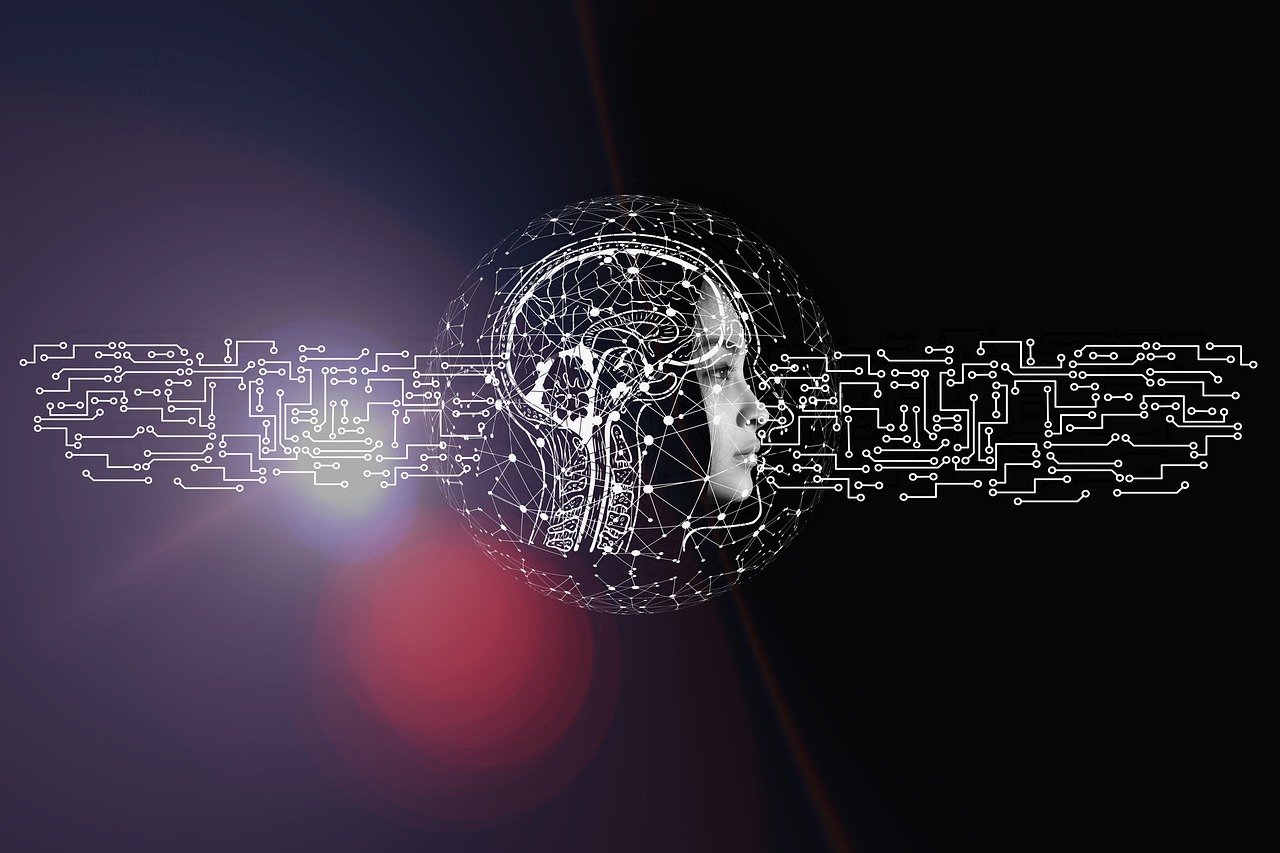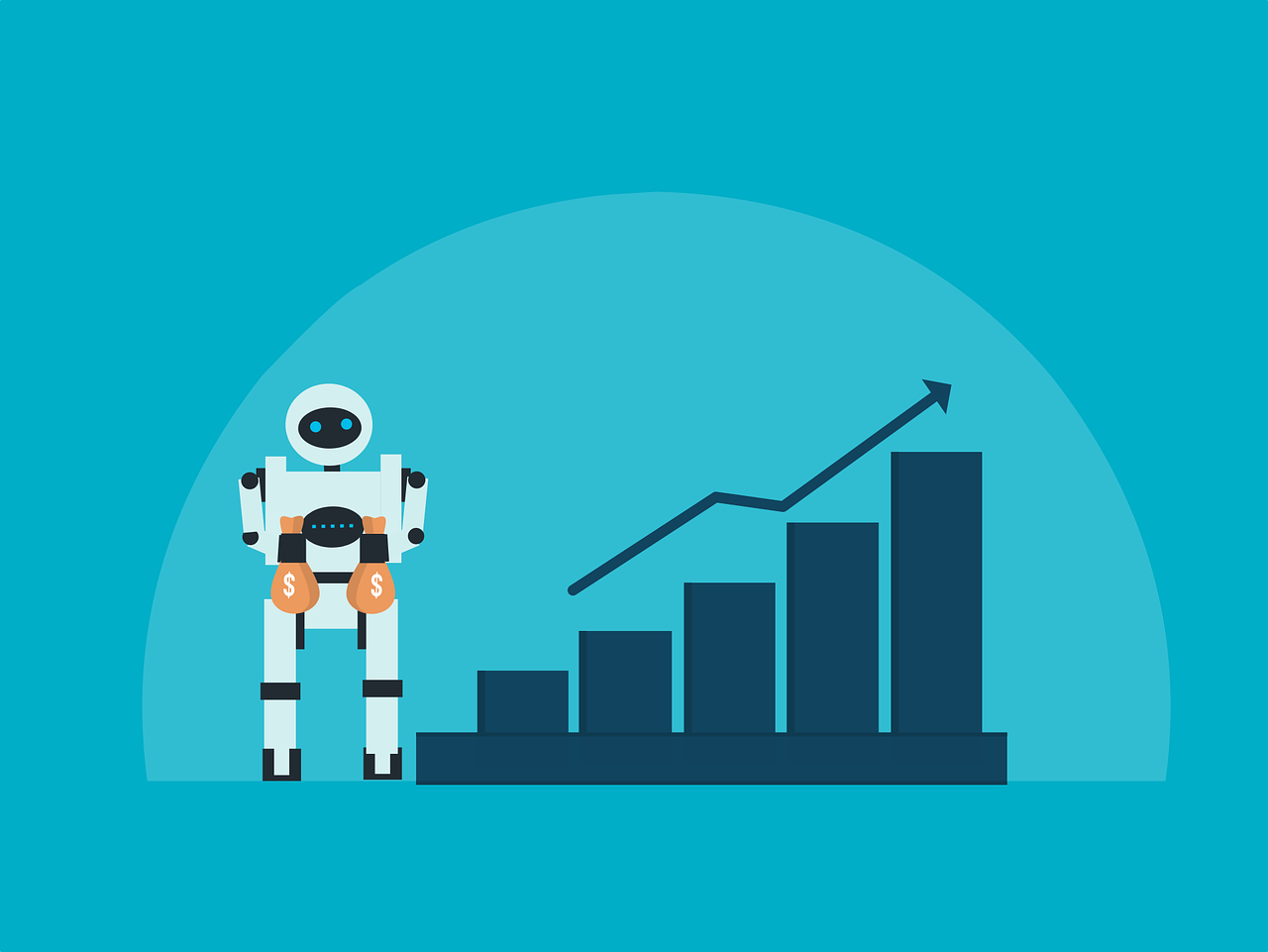US Tech Sector and Pentagon Deepen AI Collaboration Amid Global Security Concerns

Brief news summary
The U.S. technology sector and the Pentagon are strengthening their partnership amid growing global instability and the rising strategic importance of AI. Leading tech companies such as OpenAI, Google, and Anthropic are increasingly engaging in defense contracts, a trend that began during the Trump administration. This collaboration includes integrating Silicon Valley expertise into military roles, with executives from Meta and Palantir serving as Army Reserve officers. OpenAI’s notable $200 million contract with the Pentagon highlights AI’s expanding role in defense. On the global stage, rapid AI advancements are intensifying competition, particularly as China promotes AI technology in developing countries, escalating geopolitical tensions. Domestically, AI adoption faces challenges including outdated regulatory frameworks, copyright issues, and the environmental impact of energy-intensive data centers. This convergence of technology, defense, and geopolitics marks a new era where AI shapes strategic interests and global power dynamics. Policymakers and industry leaders must carefully navigate these complexities to safeguard national security and maintain international influence.The collaboration between the U. S. technology sector and the Pentagon is intensifying amid rising global instability and the growing strategic relevance of artificial intelligence (AI). This renewed partnership, shaped largely by defense spending and modernization efforts initiated during the Trump administration, marks a pivotal shift as leading AI companies actively seek contracts with the Department of Defense (DoD). Industry leaders such as OpenAI, Google, and Anthropic are at the forefront, aligning their innovations with government defense goals and reinforcing commitments to national security. An innovative development includes commissioning tech executives from Meta, OpenAI, and Palantir as lieutenant colonels in a new Army Reserve unit, designed to integrate Silicon Valley expertise more directly with military operations. OpenAI’s recent $200 million Pentagon contract to develop advanced AI capabilities further emphasizes the defense sector’s focus on harnessing cutting-edge AI technologies and private firms' increased engagement in national defense. This surge reflects a historic pattern of tech-defense alliances dating back to post-World War II, where technological innovation and defense have evolved in tandem. However, today’s landscape is distinct due to AI’s rapid progress and transformative impact on modern warfare and security. On a geopolitical front, OpenAI has warned against China’s Zhipu AI lobbying efforts to promote Chinese AI systems in developing countries, highlighting a broader global rivalry. China’s push to expand AI influence in the developing world signals an intensifying competition for technological dominance that extends into strategic alliances and global influence. Domestically, AI adoption is soaring, with reports showing about one in eight workers use AI tools monthly, reflecting widespread integration across industries. This rapid innovation drives a fiercely competitive market but also brings challenges such as the short lifespan of AI models, quickly replaced by newer technologies. Legal and environmental issues are also emerging: a partial legal victory has offered some clarity on AI-related copyright disputes, while concerns grow over AI data centers’ substantial energy consumption and carbon footprint, prompting calls for sustainable practices. Overall, the convergence of technology, defense, and geopolitics is becoming increasingly pronounced as AI reshapes global power dynamics.
The alliance between Silicon Valley and the Pentagon is both a strategic imperative and an opportunity to leverage AI’s potential for national security. Simultaneously, competition between superpowers like the U. S. and China underscores the geopolitical stakes of technological supremacy in the 21st century. This deepening integration of AI into defense and international relations marks a new phase where innovation is inseparable from strategic goals. As AI permeates military, economic, and political realms, global power balances will be shaped decisively by advances in this sector. Policymakers, tech leaders, and military strategists must expertly navigate this evolving landscape to secure advantages in national security and global influence. In conclusion, the accelerating cooperation between the U. S. tech industry and the Pentagon highlights AI’s crucial role in modern defense strategy and geopolitical competition. With tech giants embedding themselves within military frameworks, significant AI contracts underway, evolving workforce trends, and intensifying global rivalries, AI development stands as a critical frontier in the ongoing convergence of international security and technological innovation.
Watch video about
US Tech Sector and Pentagon Deepen AI Collaboration Amid Global Security Concerns
Try our premium solution and start getting clients — at no cost to you

I'm your Content Creator.
Let’s make a post or video and publish it on any social media — ready?
Hot news

OpenAI sees better margins on business sales, rep…
The publication stated that the company enhanced its “compute margin,” an internal metric representing the portion of revenue remaining after covering the costs of operating models for paying users of its corporate and consumer products.

AI Video Generation Tools Enable Personalized Mar…
In the rapidly evolving field of digital marketing, artificial intelligence (AI) is playing a crucial role in reshaping how brands connect with their audiences.

Leveraging AI for SEO: Best Practices and Tools
As artificial intelligence (AI) advances, its significance in search engine optimization (SEO) grows markedly.

Decoding the Impact of AI on Advertising and Mark…
Artificial intelligence (AI) is fundamentally transforming the advertising and marketing industries, marking a profound shift beyond previous technological advancements.

Nvidia: Only A 3% Premium For The Most Important …
Nvidia: Just a 3% Premium for the Most Crucial AI Company The J Thesis 1

“AI SMM”, new training from Hallakate – Learn how…
In an era where technology is transforming how we create content and manage social networks, Hallakate introduces new training tailored for this new age: AI SMM.

AI Training GPU Cluster Sales Market Size | CAGR …
Report Overview The Global AI Training GPU Cluster Sales Market is projected to reach approximately USD 87
AI Company
Launch your AI-powered team to automate Marketing, Sales & Growth

and get clients on autopilot — from social media and search engines. No ads needed
Begin getting your first leads today








